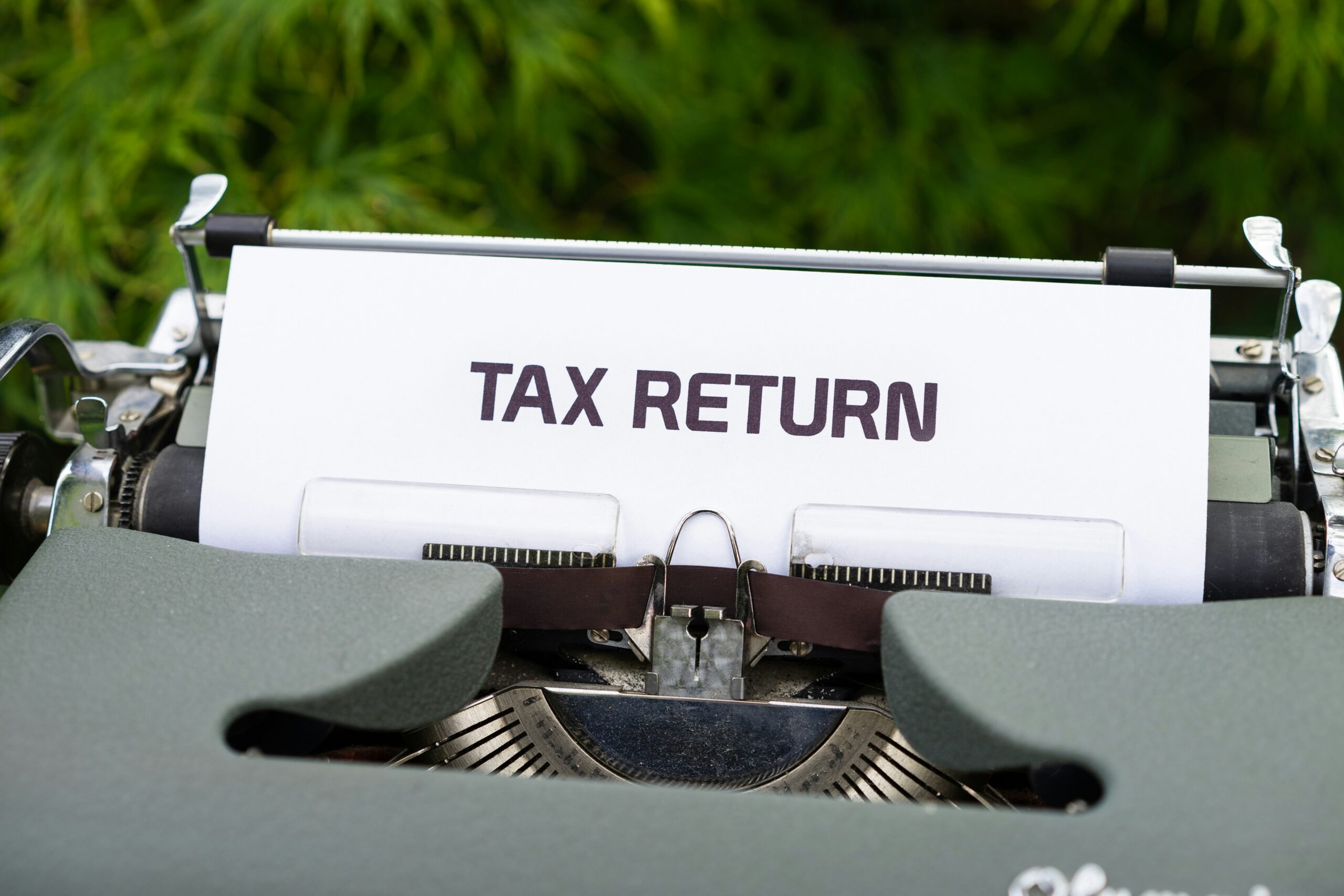Cameroon resident corporations are taxed on their worldwide income; Non-resident corporations are taxed only on income from Cameroon sources.

The following persons are considered to be active in Cameroon and are subject to CIT:
- Enterprises headquartered in Cameroon or with an efficient management office in Cameroon;
- Businesses that have an individual in Cameroon or an effective management office in Cameroon;
- Enterprises with a dependent representative in Cameroon;
- Enterprises carrying out activities that form a complete commercial cycle in Cameroon.
CIT income is determined solely by reference to profits earned by entities located in Cameroon (for residents) or transactions carried out in Cameroon (for non-residents with a permanent establishment [PE] in Cameroon).
Net taxable profit is established after deducting all expenses directly attributable to the activities to be measured in Cameroon.
Cameroon’s general CIT rate is 33% for companies with a turnover of over $ 3 billion. For those with a turnover of less than 3 billion, the CIT rate is set at 30.8%.
Consumption taxes
The essence of the tax is the value-added tax (VAT). The VAT rate is 19.25%. (17.5% plus 10% surcharge) Reduced tax rate – Exports and transactions carried out in free trade zones are subject to a zero rate. Certain essential goods are exempt from tax, including:
- transactions related to the transfer of title to real estate and goodwill subject to transfer tax or an equivalent tax provided that such transactions are subject to registration fees;
- all types of real estate transactions made by non-professionals (if they are subject to registration);
- fees charged by educational institutions and universities;
- pesticides, fertilizers and their raw materials, beef (excluding imported meat), pharmaceuticals, etc .;
- sale of petroleum products for refueling aircraft of Cameroon companies;
- accumulation of water and electricity for household consumption up to 20 m3 / month and 220 kW / month;
- medical services;
- materials and equipment for the production of solar and wind energy;
- city public transport by bus;
- life insurance contracts and fees with a savings component.
Other consumption taxes – A 25% excise tax applies to cigarettes, beverages, cosmetics or luxury goods, jewelry, and precious stones. A reduced rate of 12.5% may apply to soft drinks and private vehicles with an engine displacement of 2,000 cm³. Gambling, including lotteries, is subject to an excise duty of 25 XAF per game unit.
Mobile phone and Internet services are subject to an especially reduced excise rate of 2%. Some weapons and their parts are also subject to a 25% excise tax.
Corporate taxes
The general company tax is 33% (30% corporate tax increases by 10% for utility taxes). The tax rate for foreign companies – Resident firms are taxed on global income, while non-resident companies are only responsible for their income derived from sources in Cameroon. Capital gains are treated as business income and are taxed at regular corporate tax rates. Capital gains arising from the sale of listed shares or the transfer of rights related to natural resources are subject to a withholding tax of 16.5%. Profits derived from the transfer of shares, stocks, and bonds are subject to taxation even in the event of indirect disposal.
Principal Allowable Deductions and Tax Benefits – a depreciation of tangible and intangible assets are taxed at rates ranging from 1% to 100%. The depreciation deduction can be carried forward indefinitely. Goodwill can also be amortized for tax purposes.
The Cameroon Tax Code does not provide any mechanism for deducting start-up costs but these can be deducted over two to five years following the accounting principles of the Organization for the Harmonization of Commercial Law in Africa (OHADA).
Any payment made for the purchase of intellectual property (within the Central African Economic and Monetary Community) is deducted up to 2.5% of taxable income. Interest expenses and bad debts are usually deductible. To deduct bad debts, companies must prove that they were unsuccessful in collecting the debt.
Charity donations are non-deductible. On the other hand, payments to research organizations, educational, sports, charitable, and public organizations are subject to a deduction of 0.5% of the annual turnover. Donations to fight the COVID-19 epidemic are fully deductible.
Fines and taxes paid are non-deductible (except for business taxes concerning their activities in Cameroon). Tax losses can be carried forward for up to four years. No carry forward is allowed.
Other corporate taxes
Social security contributions paid by the employer account for 11.2% of wages. The contribution base is capped at 750,000 XAF per month. Employers are also required to contribute 1.75%, 2%, or 5% of wage contributions to the National Social Insurance Fund. Payroll tax is 2.5% of total wages and benefits in kind.
All companies are subject to professional tax (business license tax) at different rates depending on their turnover. It is 0.159% of the turnover of large companies (minimum contribution of 5 million XAF and maximum 2.5 billion XAF), 0.283% for medium-sized enterprises (minimum contribution 141,500 XAF and maximum 4.5 million XAF). and 0.494% for small businesses (minimum contribution 50,000 XAF and maximum 140,000 XAF). Newly registered businesses are exempt from this tax in the first year of operation.
Stamp duties range from 1,000 to 1,500 francs. Registration fees are also charged on most transactions (listed in the General Tax Code) at rates ranging from 1% to 15%. The sale of the company is subject to a transfer duty of 15%.
Property tax is levied at 0.1% of the assessed value of the property.
The tourist tax is charged depending on the type of hotel and ranges from 500 to 5000 XAF. Its payment has been suspended until the end of 2020 due to the COVID-19 crisis.




